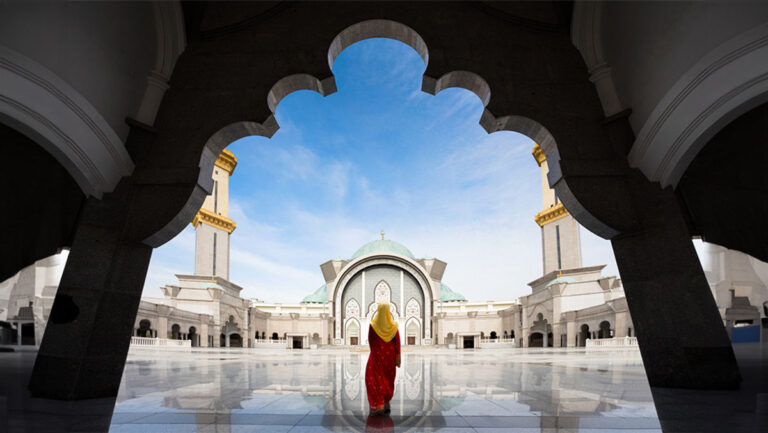At the recent ASEAN Tourism Forum 2024 in Laos, TRAVEX salespeople demonstrated their eagerness to tap the multi-billion dollar Muslim travel market, while prioritizing inclusivity and cultural sensitivity.
Full Moon Island Resort in Cambodia’s Ko Ampil Islands is taking steps to implement best practices to welcome Muslim guests, with sales director Chheng Sopharis highlighting that the Muslim travel sector is poised for significant growth, with spending expected to reach $225 billion and 230 million tourists worldwide in 2028.
“This is an area that cannot be overlooked,” Sofaris said, highlighting the resort’s focus on developing halal best practices, ensuring the availability of halal meat, preventing cross-contamination in food preparation, and training spa staff to cater to the needs of Muslim female guests.
In the Philippines, embracing halal practices made business sense for Lihim Resorts on the island of Palawan, said Michiru C. Teo, the group’s senior sales manager, who acknowledged that not having a halal-certified kitchen meant the resort missed out on catering to two important Muslim groups.
“We are confident that our new general manager, Jeffrey Miranda, with his extensive expertise in halal operations, will help us achieve our goal of expanding our Muslim-friendly services,” added Ms Teo.
Merchants’ eagerness to embrace the Muslim travel market is not just a business strategy but reflects best practices in the global tourism industry. Co-founder Aruna Thavongsok, who is seeking halal certification for her Lao-made glutinous rice cracker brand, Khao Lao, sees it as a strategic move.
“We first learned about halal certification through the Lao PDR Business Assistance Facility (BAF). Our rice crackers are already free of animal by-products. We believe making our products halal will not only appeal to a diverse demographic, including health-conscious and vegetarians, but will also be accepted by conscious consumers looking for ethical and sustainable choices.”

